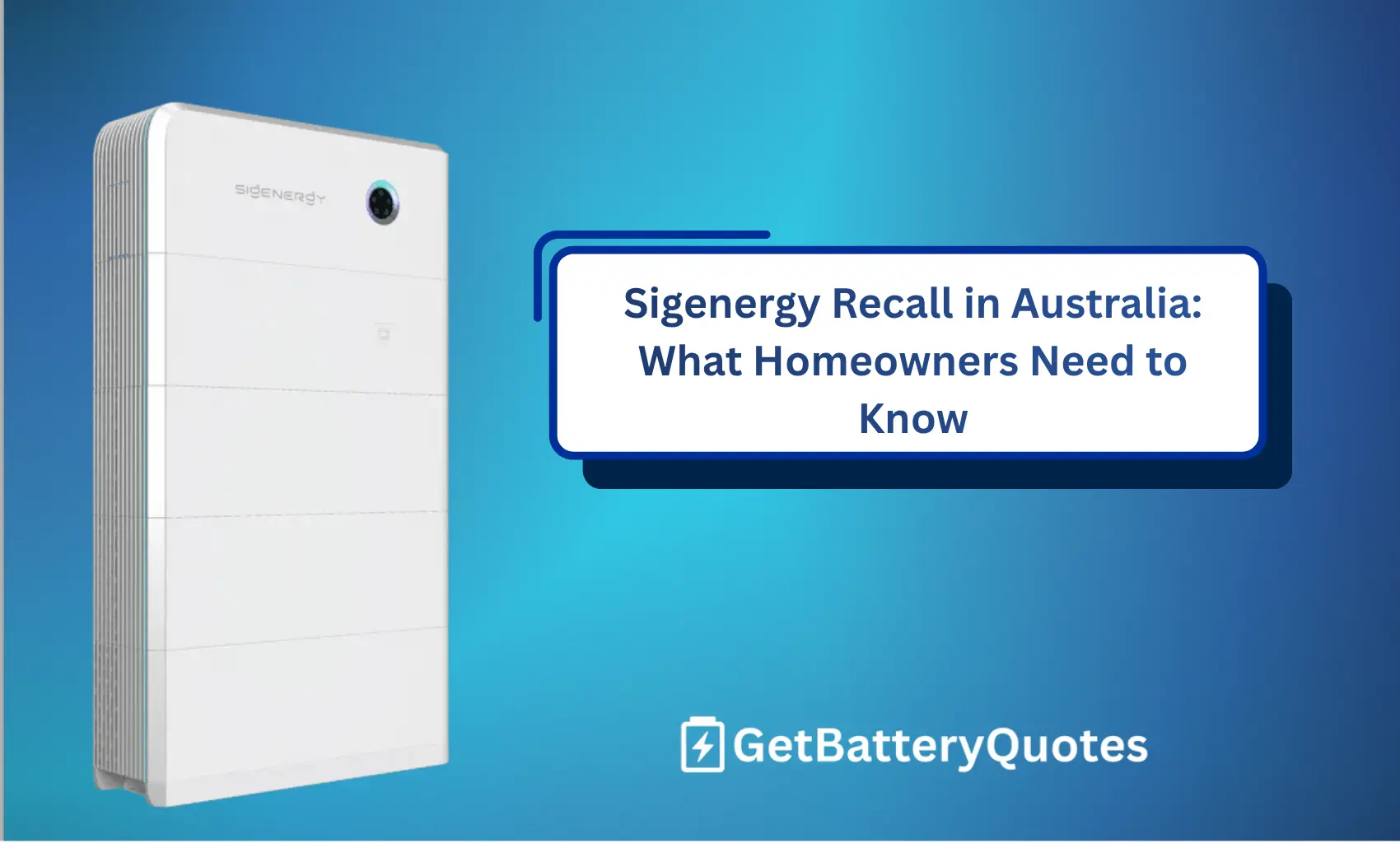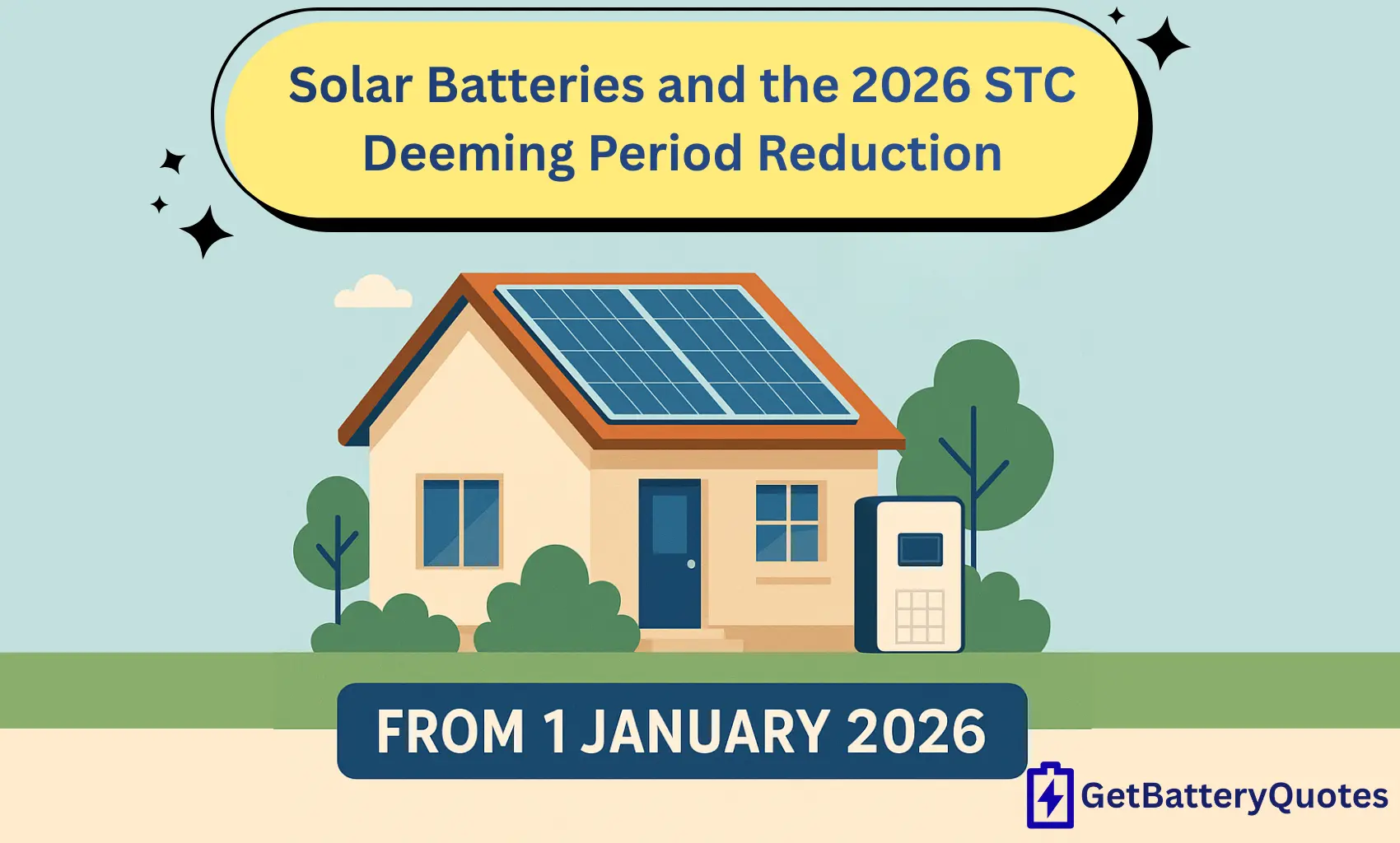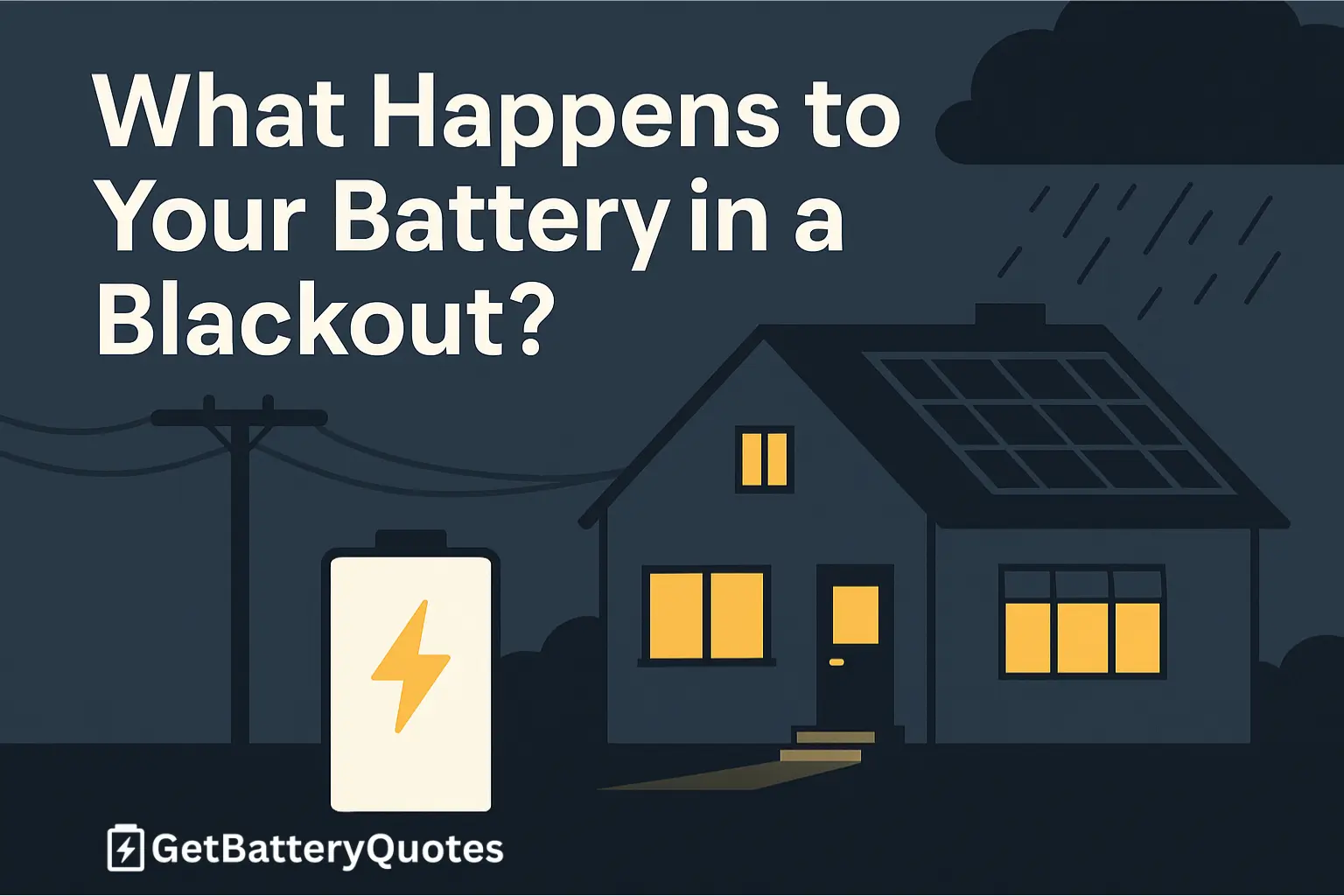When choosing a solar battery system, one of the most important factors is ensuring your inverter and battery are compatible. In Australia, some installers pair Solis inverters with Dyness batteries to create a complete storage solution. This article explains how the Solis & Dyness Combo in Australia works, what it costs, and how it compares with other options, so homeowners can make an informed decision.
Solis in Australia
Solis is a well-established inverter manufacturer, supplying both residential and commercial systems worldwide. In Australia, Solis is known for producing affordable hybrid inverters that are Clean Energy Council (CEC) approved for use with battery storage.
Key points about Solis:
- Global presence: Solis ranks among the world’s top inverter brands.
- Hybrid models: Their hybrid inverters allow solar panels and batteries to work together.
- Warranty: Standard Solis inverter warranties in Australia are usually 5–10 years, depending on the model.
- Performance: Solis inverters are generally regarded as reliable for their price point, making them a popular option for budget-conscious households.
Common homeowner questions:
- Are Solis inverters any good in Australia?
- Yes, Solis inverters are widely used and considered good value. They are not at the premium end of the market but offer dependable performance for most households.
- What is Solis ranked in the world?
- Solis consistently ranks among the top five inverter manufacturers globally in terms of shipments.
- What is the lifespan of Solis inverters in Australia?
- Most Solis inverters last 10–15 years if properly installed and maintained.
Dyness in Australia
Dyness is a battery manufacturer producing modular lithium iron phosphate (LFP) storage systems. Their products are designed for scalability, meaning households can start with a smaller battery and expand capacity over time.
Models available in Australia include:
- Dyness PowerBrick Battery a modular unit designed for flexible system design.
- Dyness PowerBox Pro Solar Battery System larger stackable units offering higher storage capacity.
All current Dyness batteries are CEC-approved, meaning they qualify for rebates when installed with eligible inverters such as Solis.
It’s worth noting that while Dyness batteries are available in Australia, they are not included in our recommended batteries list. This is because they sit more in the value-focused category compared with higher-scoring brands on performance, warranty, and long-term support.
How the Solis & Dyness Combo Works
When paired together, Dyness batteries connect directly with Solis hybrid inverters, allowing solar energy to be stored during the day and used at night.
Some key features of the combo:
- Compatibility: Dyness PowerBrick and PowerBox Pro batteries are approved for use with Solis hybrid inverters.
- Scalability: Dyness batteries can be expanded, making it easier to increase storage later.
- Rebate eligibility: Both Solis inverters and Dyness batteries are CEC-listed, so the system qualifies for the federal battery rebate (from 1 July 2025) and state-based rebates where available.
This makes the Solis & Dyness Combo in Australia an entry-level battery solar system that meets compliance requirements.
Solis & Dyness Combo Price in Australia
The cost of a Solis & Dyness Combo in Australia varies depending on system size and installer. As a guide:
- 5 kW Solis hybrid inverter + 10 kWh Dyness battery: entry-level system
- Larger setups (15–20 kWh Dyness batteries): better value per kWh storage
With the federal rebate (around 30% off the battery cost, depending on size), upfront prices are reduced significantly. For example, a 10 kWh battery paired with a Solis inverter may receive a rebate of over $3,000, while a 15–20 kWh setup may qualify for $5,000–$7,000 in support.
Keep in mind: while the Solis & Dyness Combo cost in Australia can be attractive, homeowners should also consider long-term factors such as warranty, customer service, and brand support.
Energy Efficiency with Solis and Dyness
Pairing Solis inverters with Dyness batteries allows households to:
- Store excess solar for evening use.
- Reduce reliance on the grid.
- Potentially join a Virtual Power Plant (VPP) program, earning extra value from stored energy.
This setup can provide good energy efficiency for households with high evening usage. However, as with all battery solar systems, performance depends on correct system sizing and professional installation.
Solis & Dyness Reviews in Australia
Reviews of the Solis & Dyness Combo often highlight:
- Affordability: Lower upfront cost compared with premium brands.
- Scalability: Ability to expand Dyness batteries over time.
- Mixed experiences: Some customers report good value, while others raise concerns about software/app support and warranty responsiveness.
Comparisons:
- Solis + Dyness vs Sungrow + BYD: Sungrow + BYD generally offers more advanced features and app integration.
- Solis + Dyness vs GoodWe + AlphaESS: GoodWe + AlphaESS is a mid-tier pairing with stronger ecosystem integration.
- Solis + Dyness vs Tesla Powerwall: Tesla is a premium all-in-one solution, while Solis + Dyness is more modular and affordable.
FAQs
Yes, Solis inverters are reliable for their price point, widely installed, and CEC-approved.
Several batteries are compatible with Solis, including Dyness, BYD, and other CEC-listed options.
This isn’t a direct comparison Solis makes inverters, Dyness makes batteries. Together, they form a battery solar system.
Generally 10–15 years, depending on model and usage.
Final Thoughts
The Solis & Dyness Combo in Australia offers an entry-level battery solar system option that is rebate-eligible and provides flexibility for homeowners wanting to reduce grid reliance.
That said, Dyness batteries are not part of our recommended batteries list. While they meet compliance requirements and may suit budget-conscious households, homeowners should also compare them against higher-scoring alternatives with stronger warranties, broader support, and proven performance in Australia.
For a deeper look at the best options available, see our Recommended Batteries Guide.






